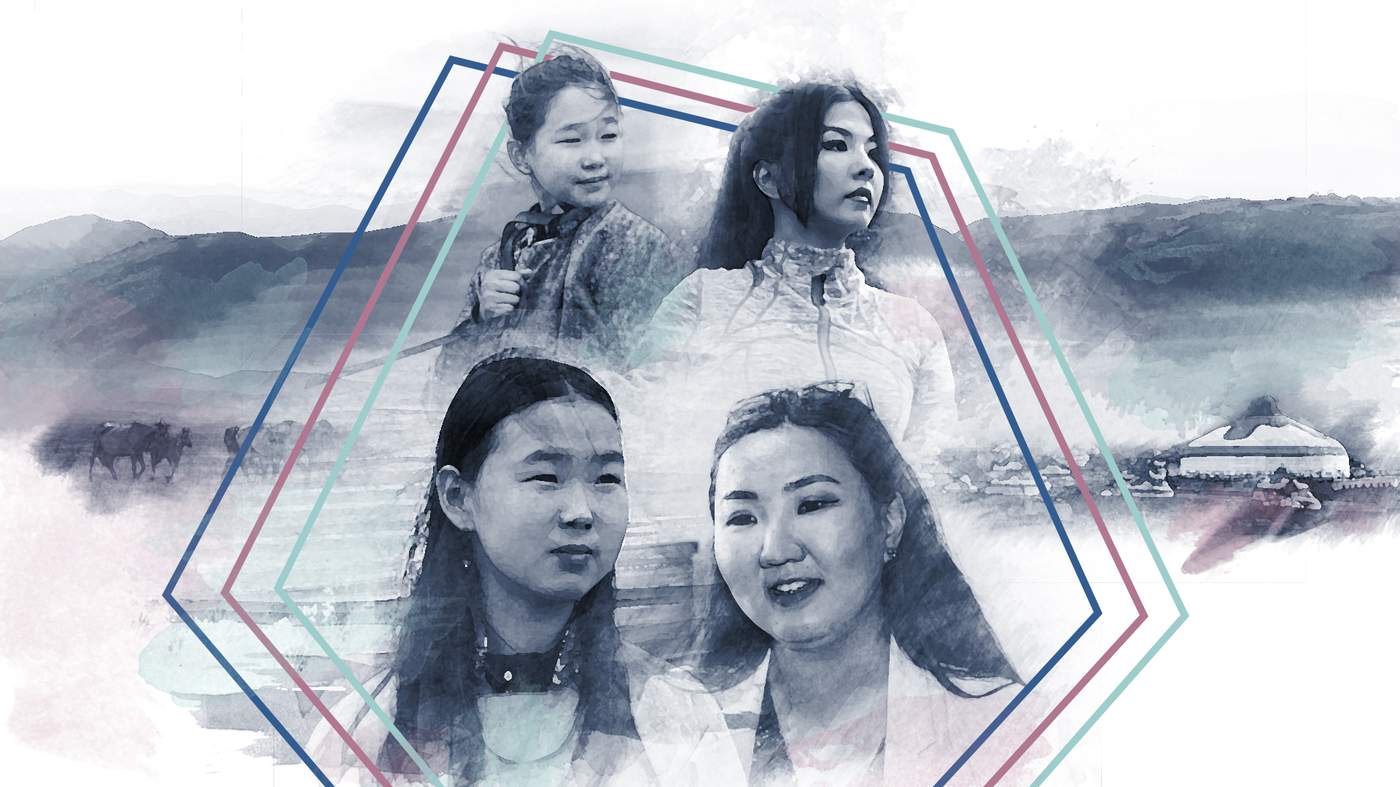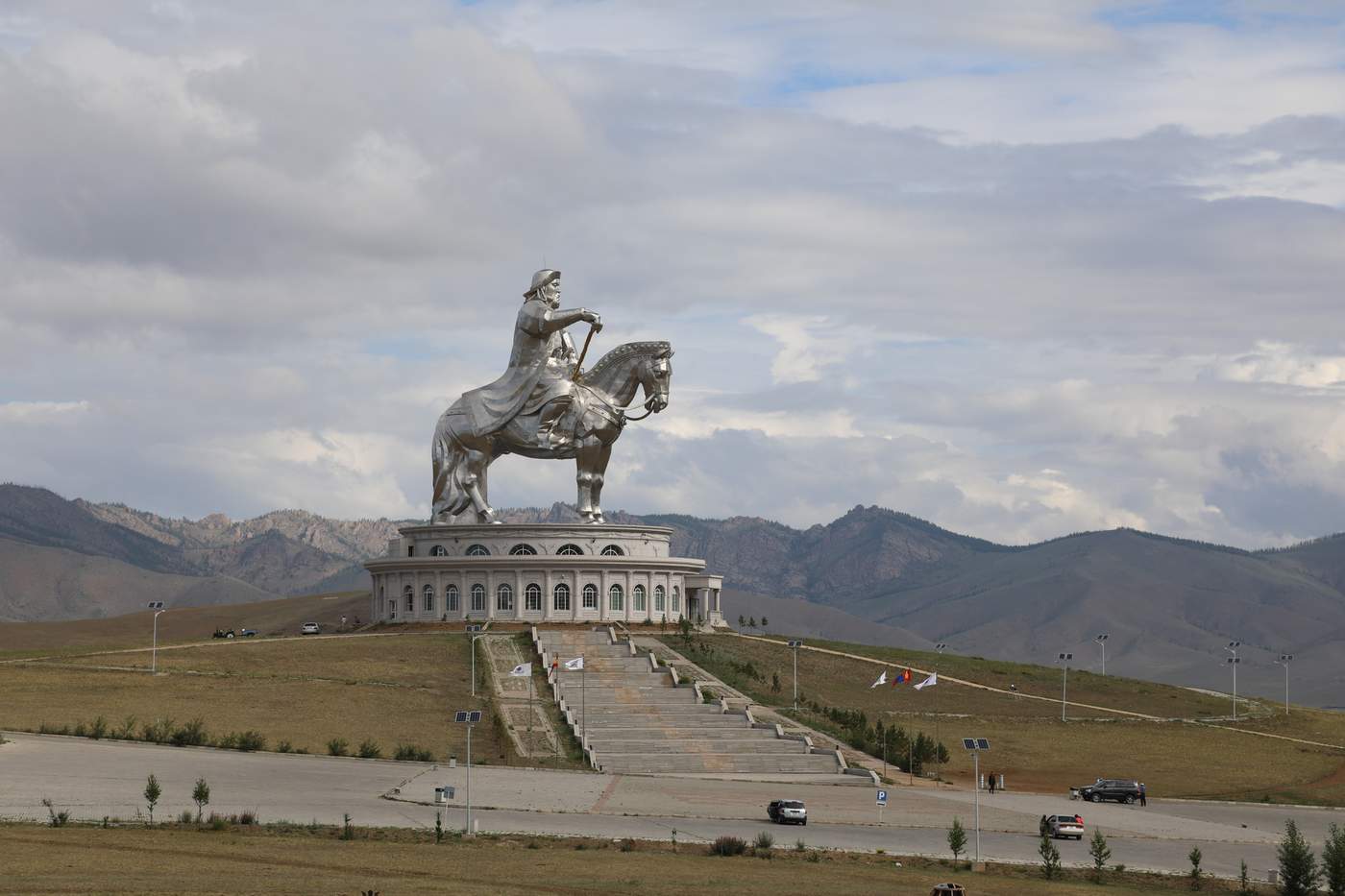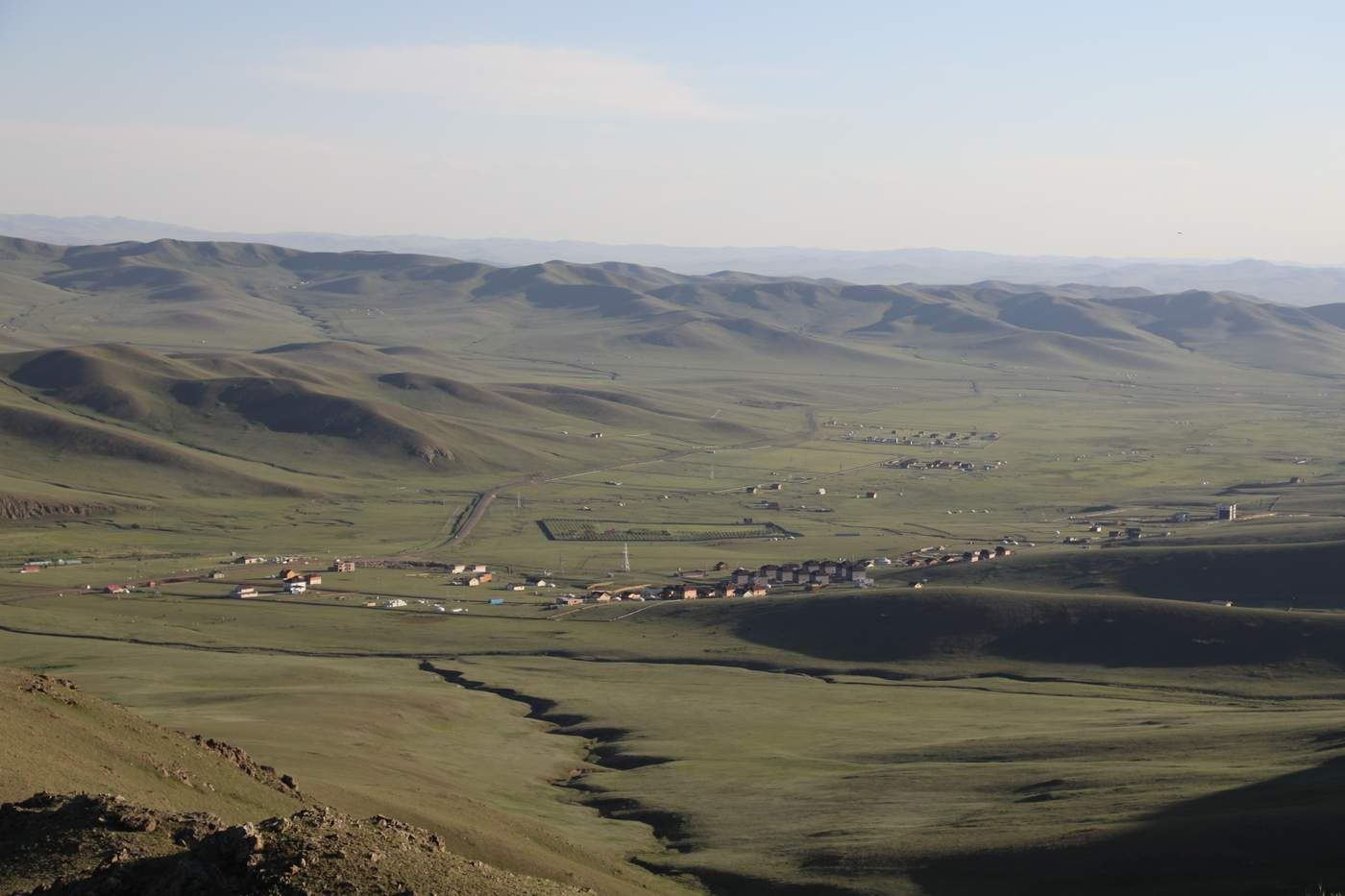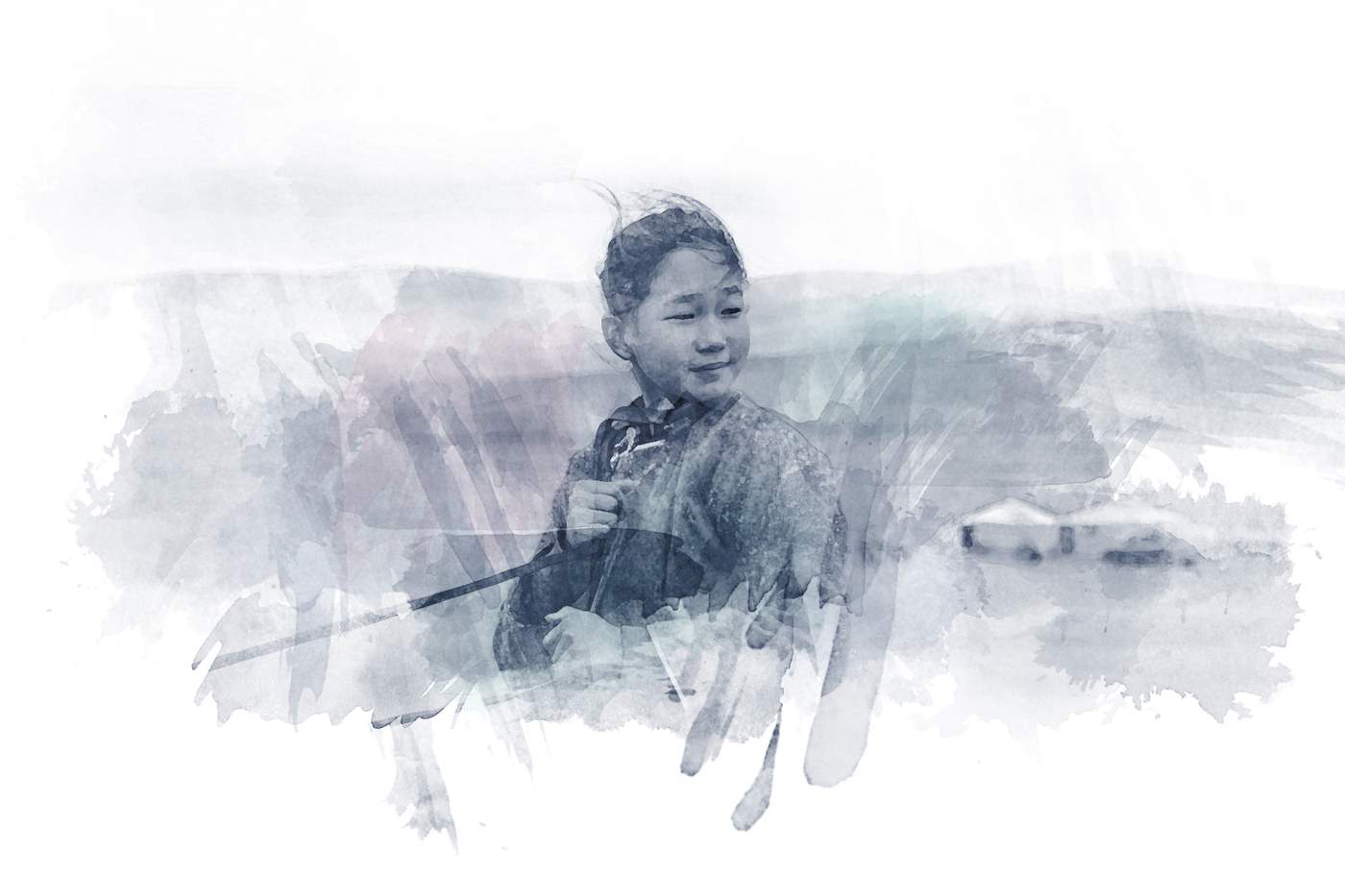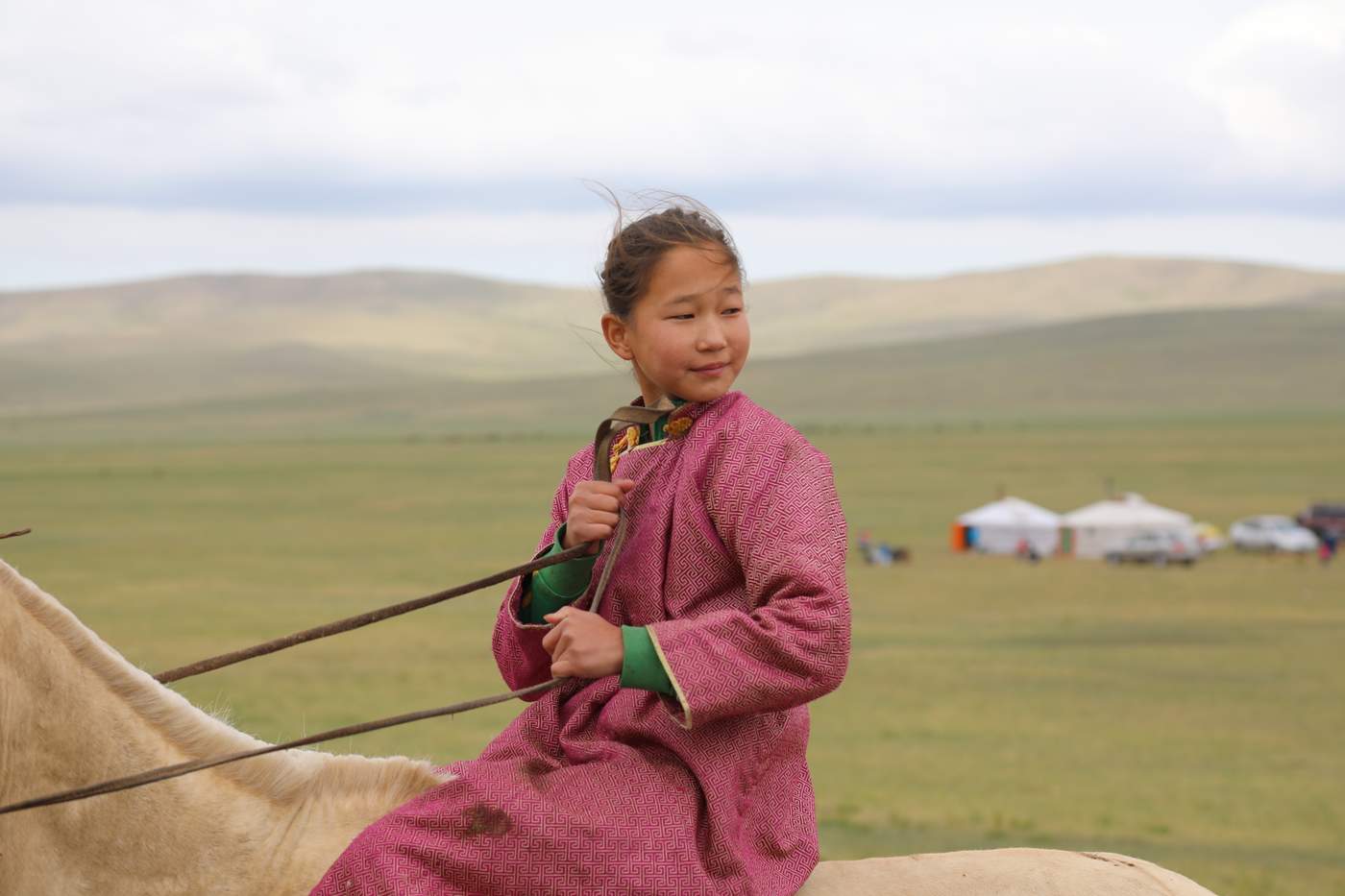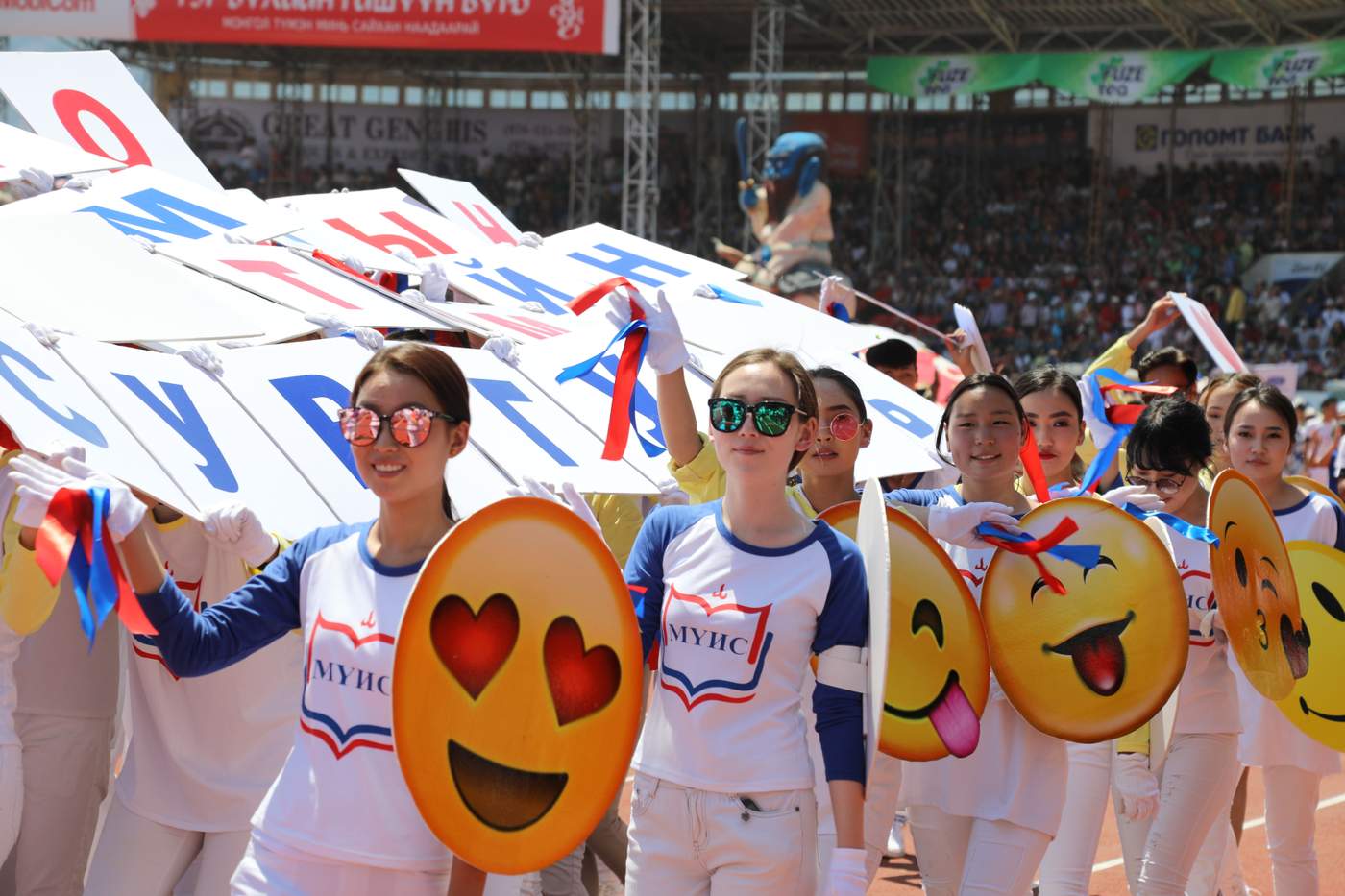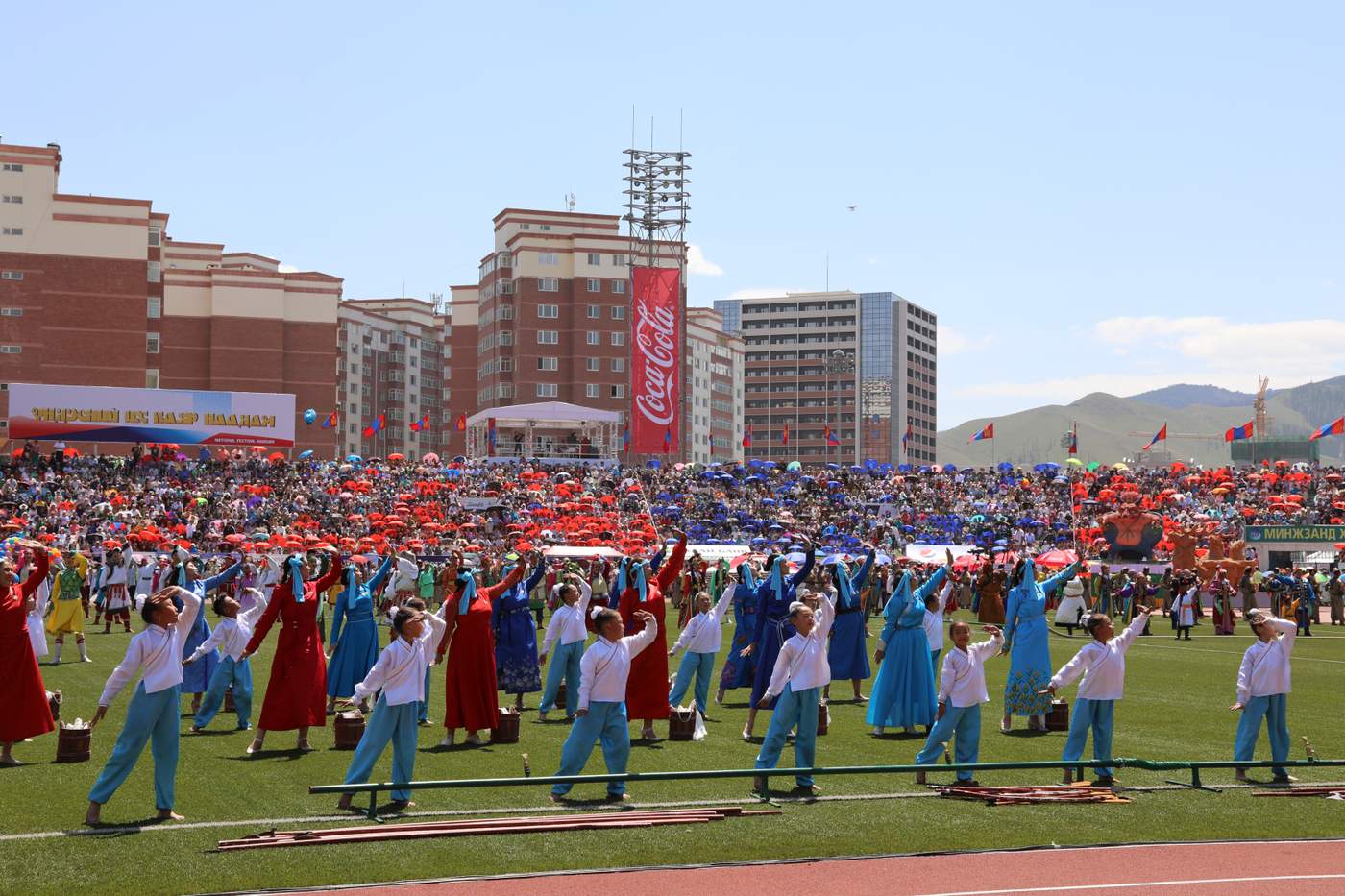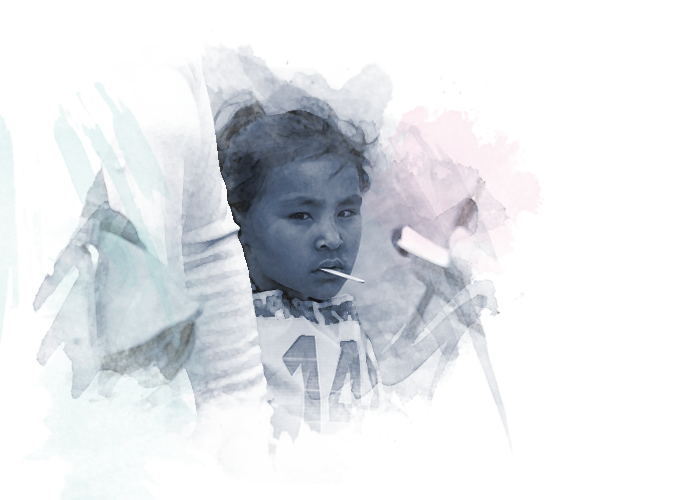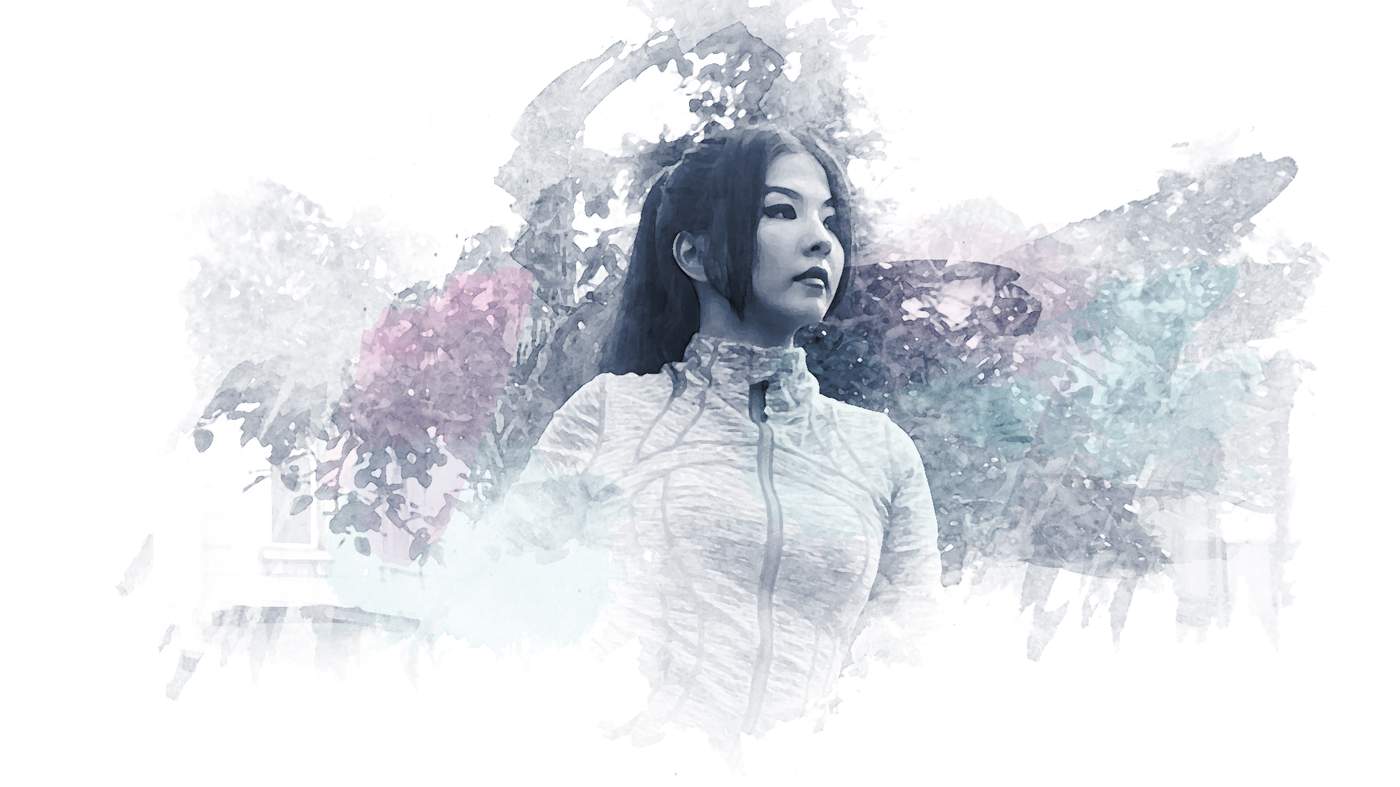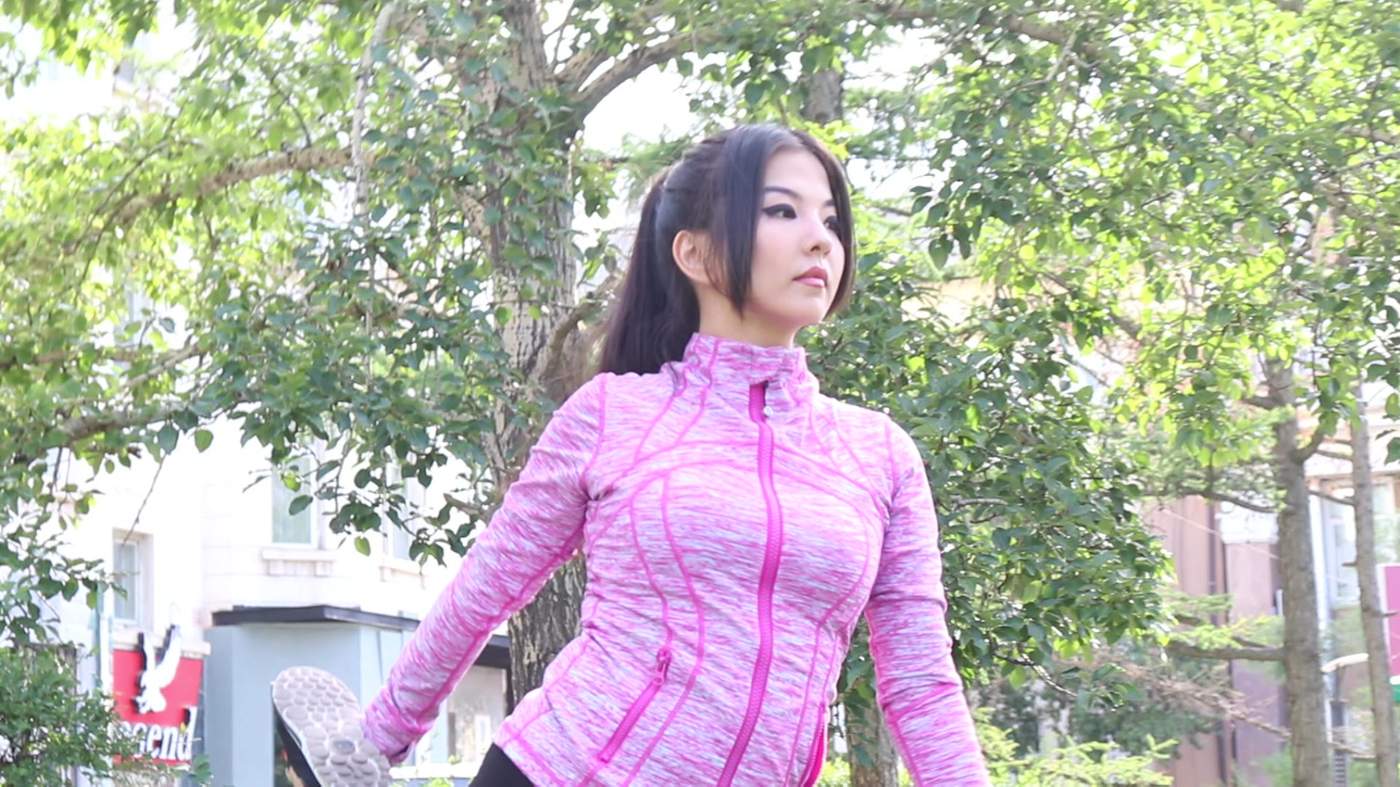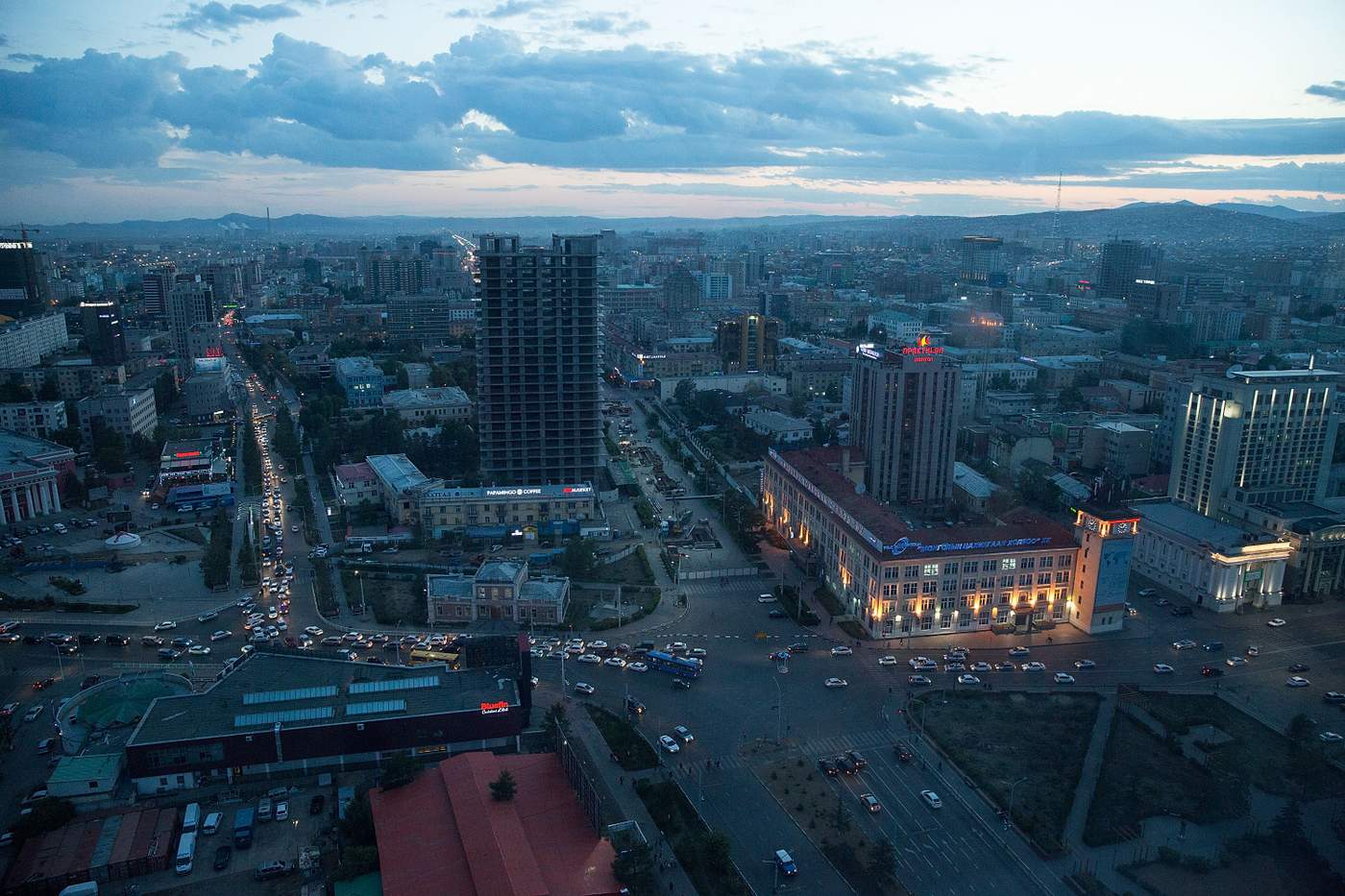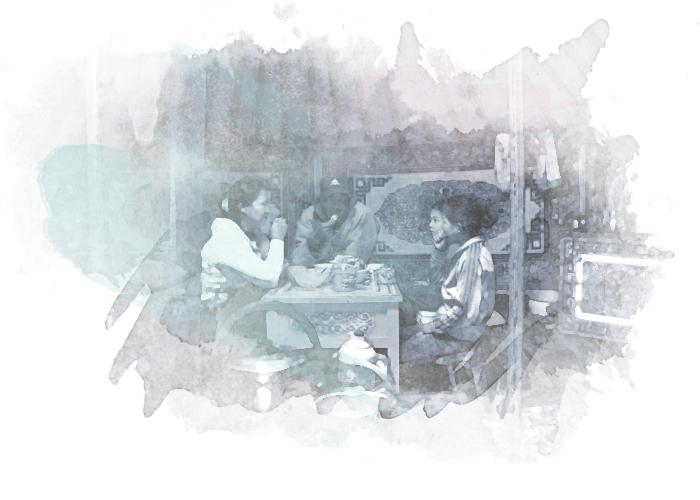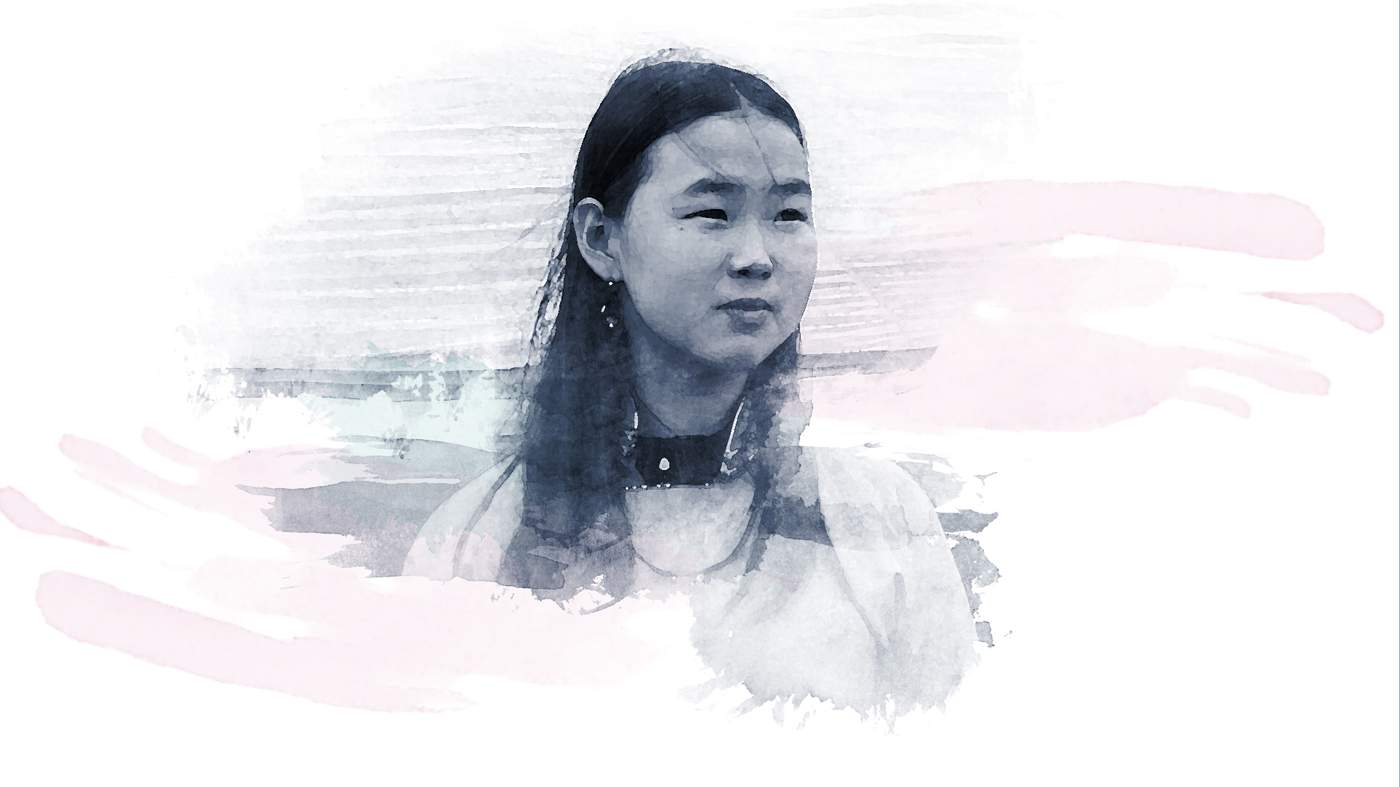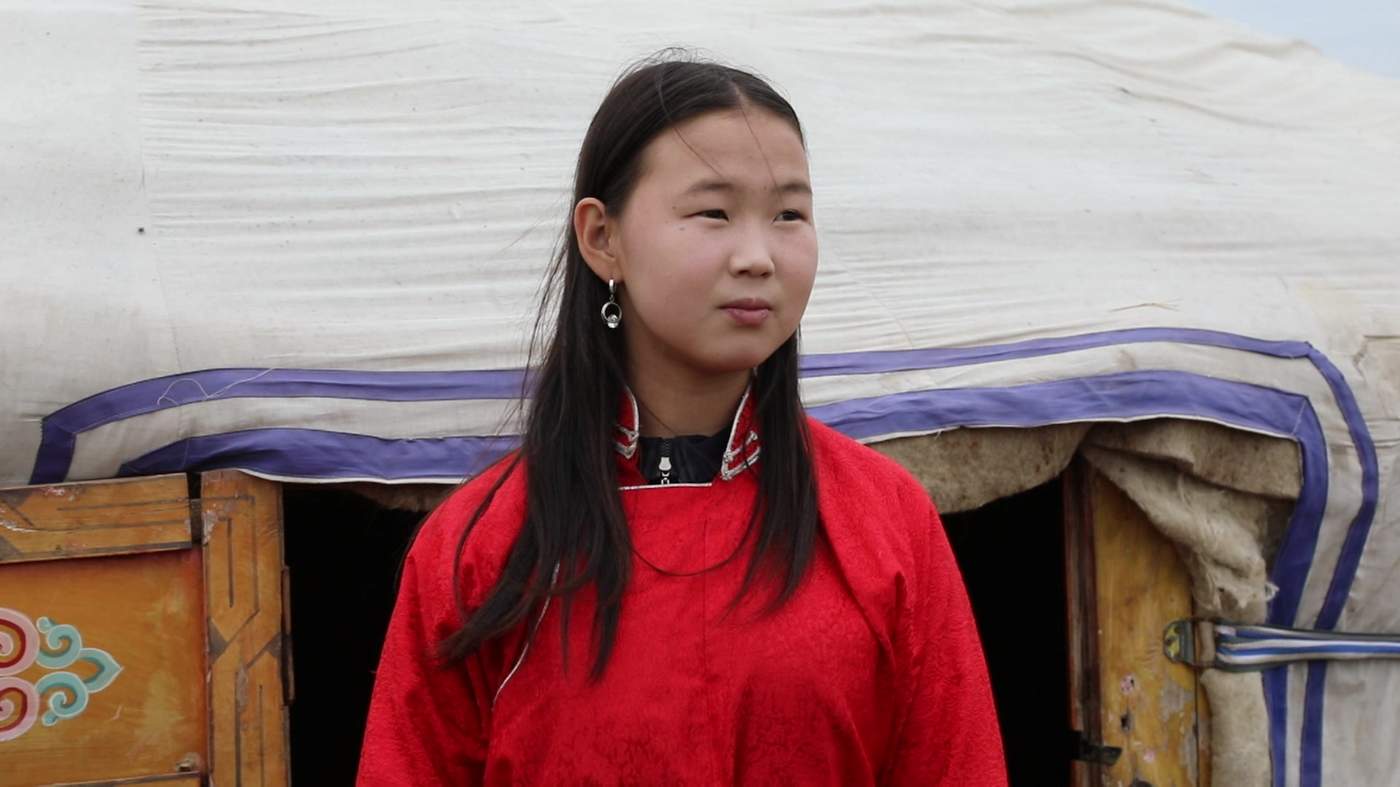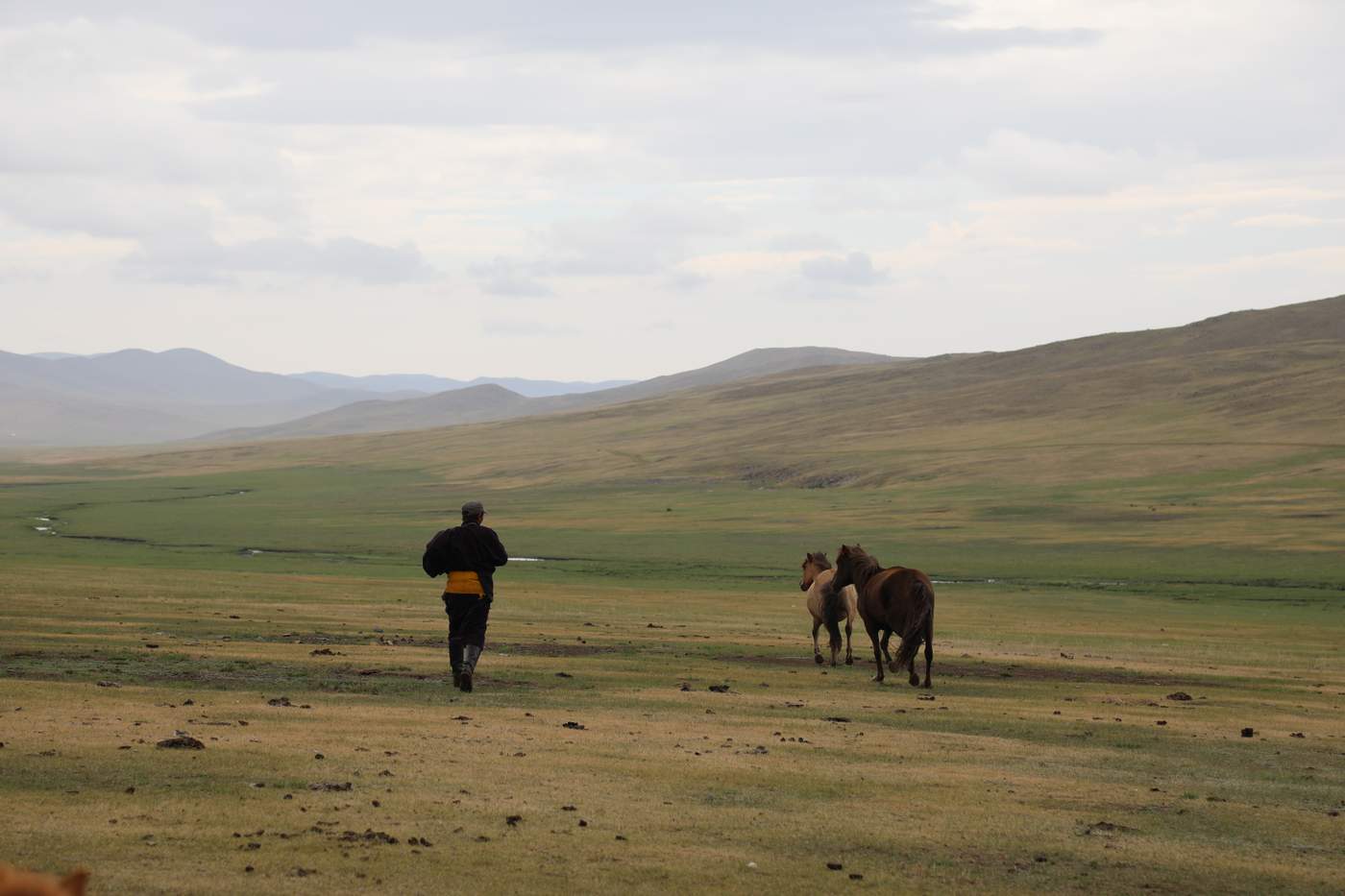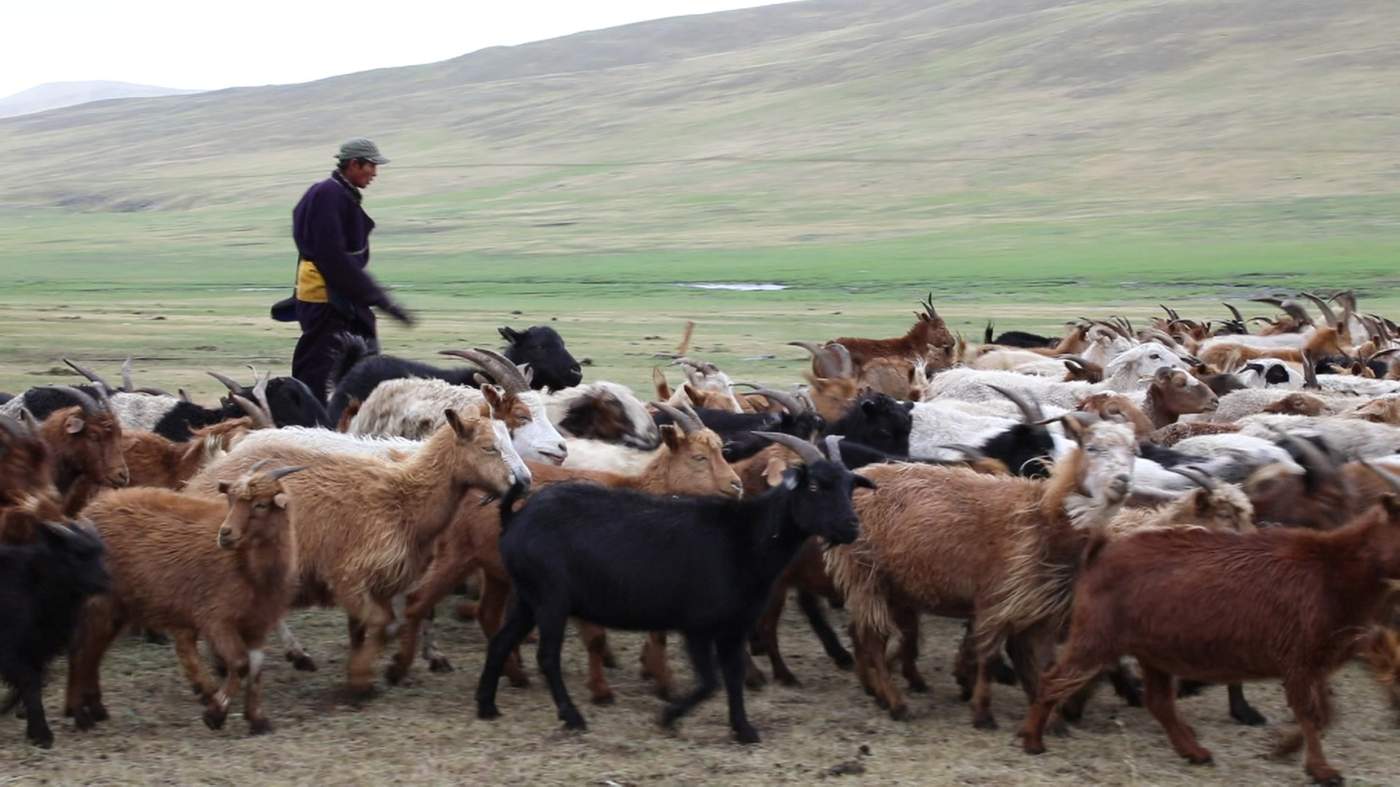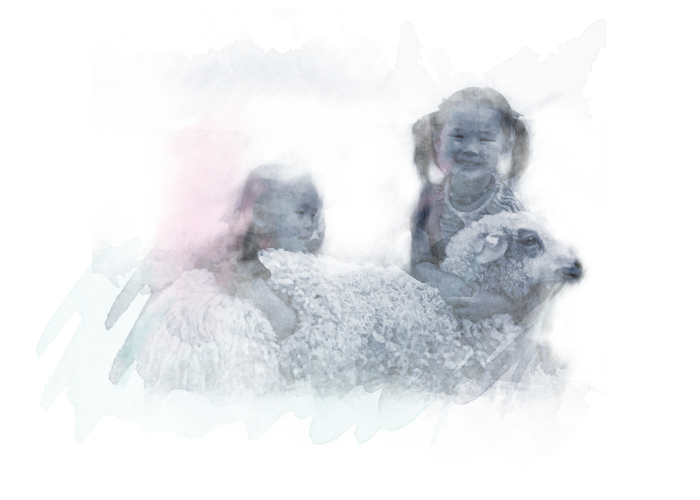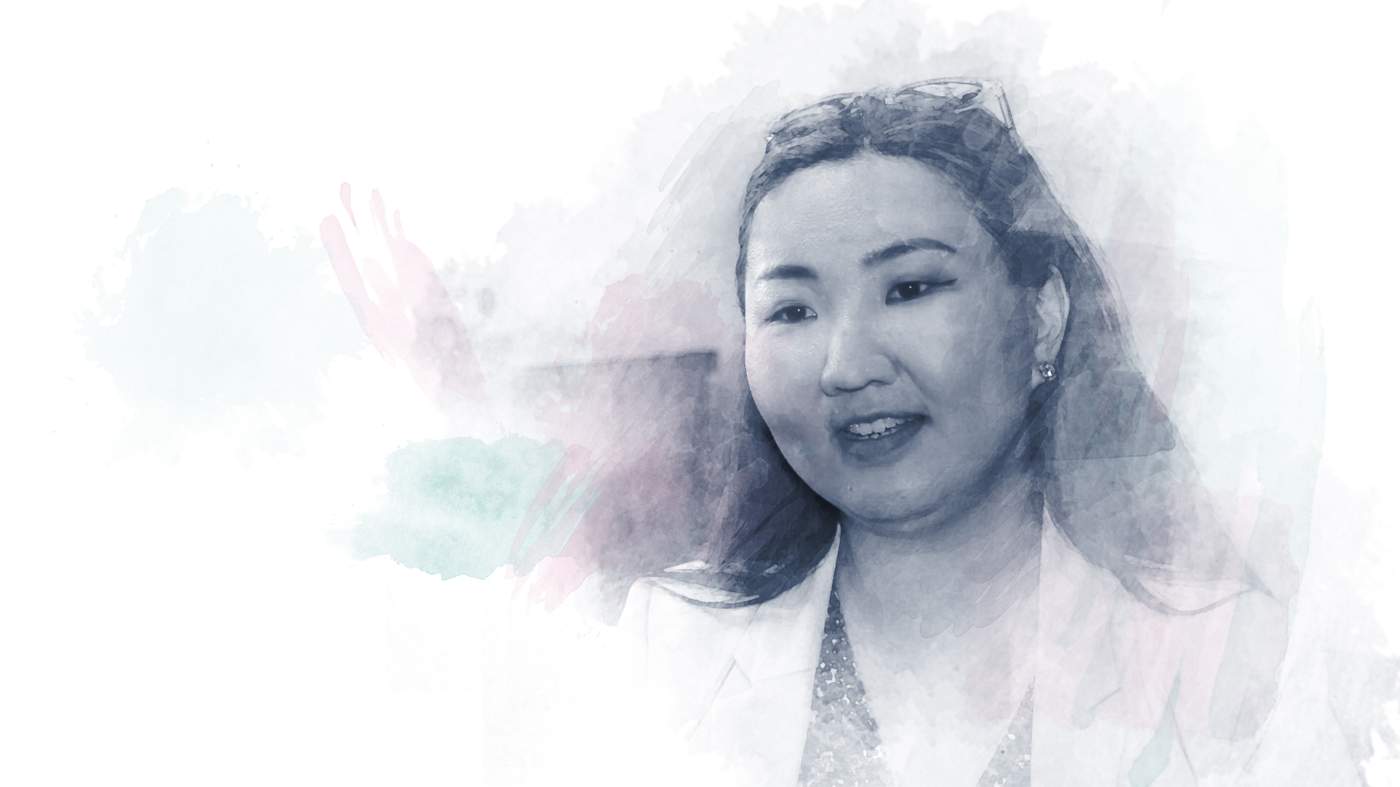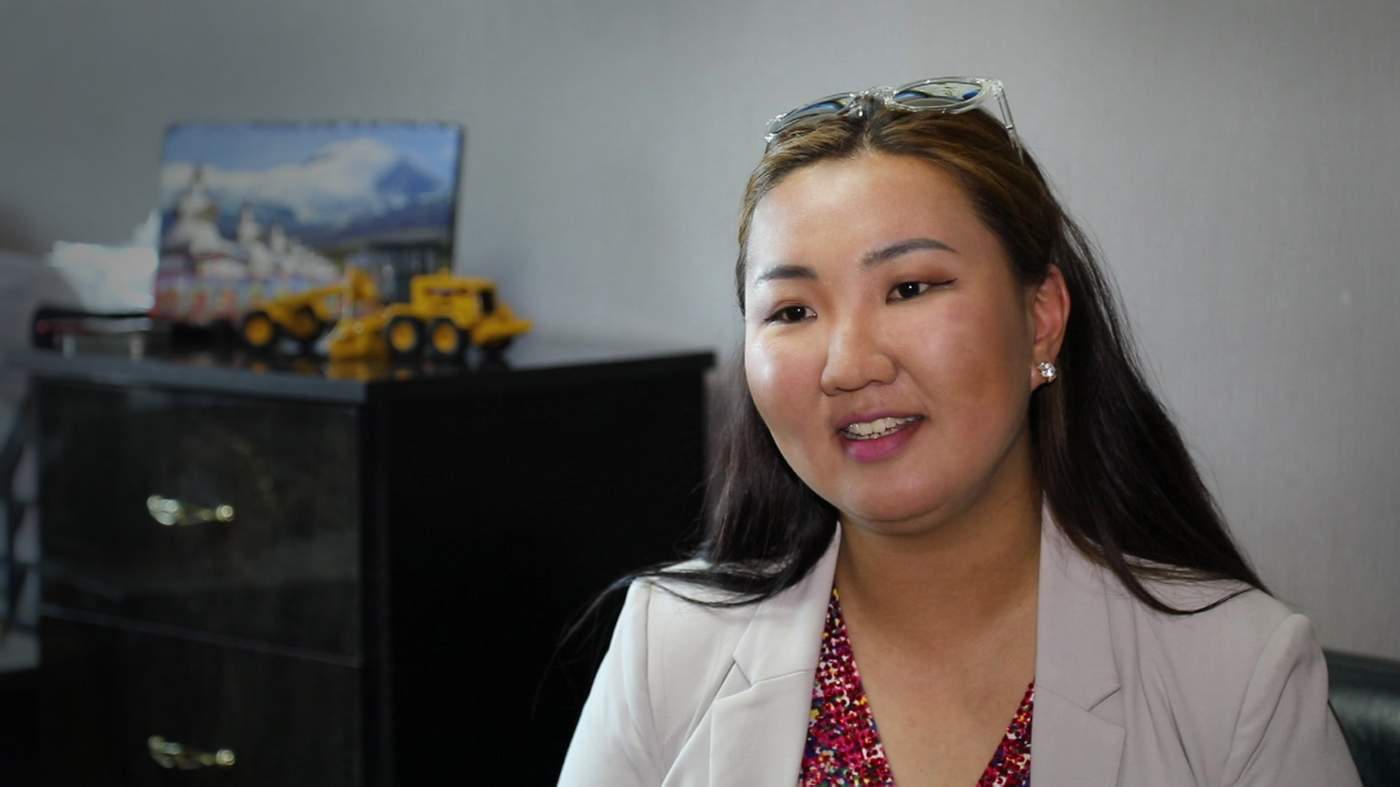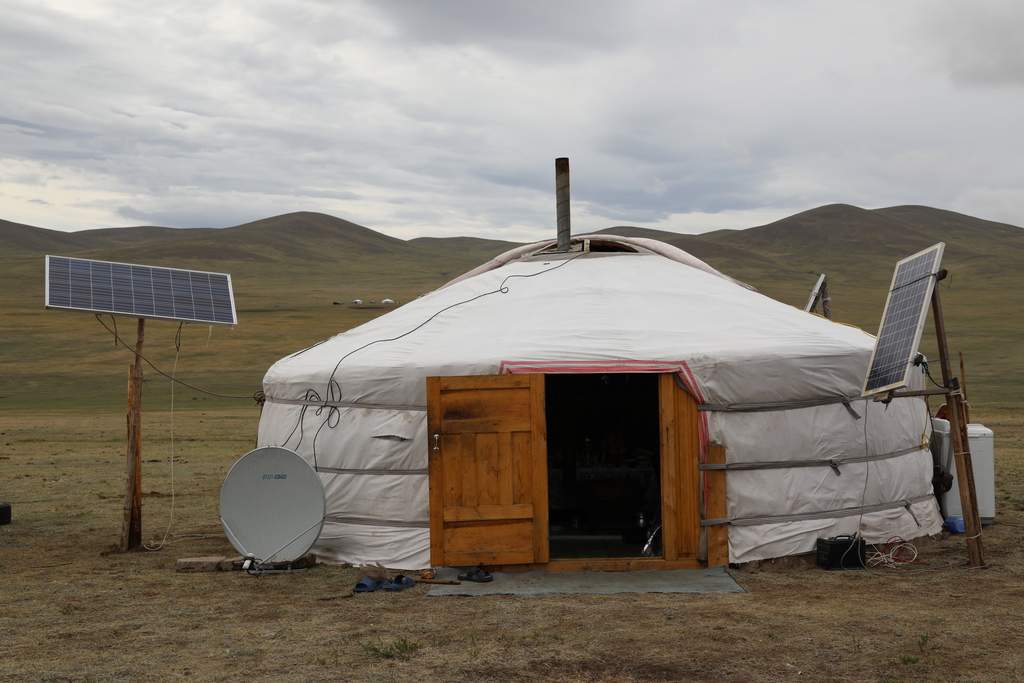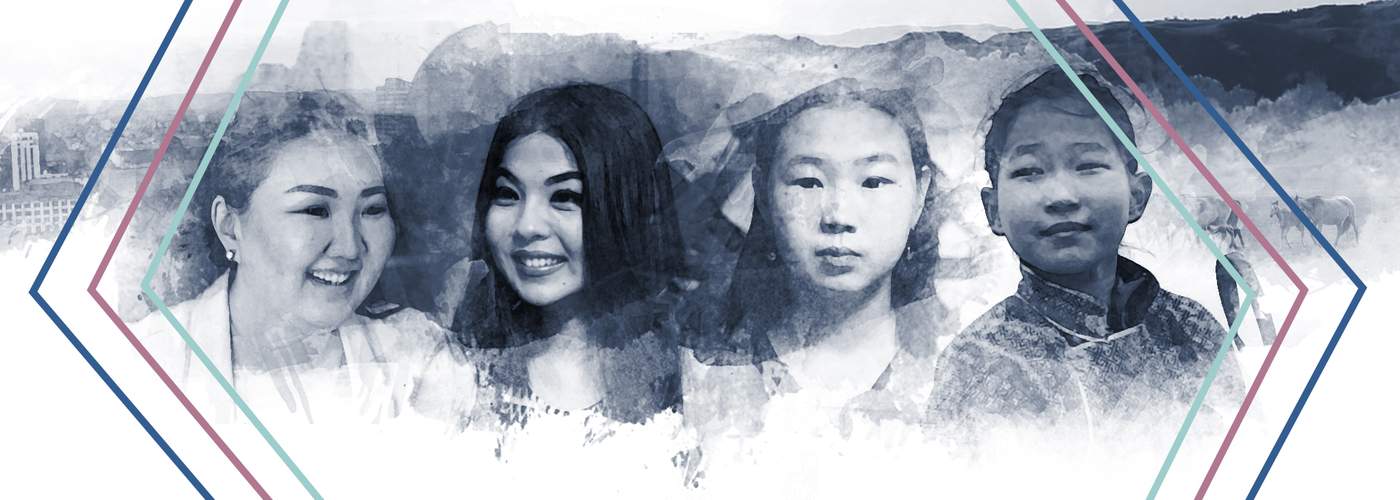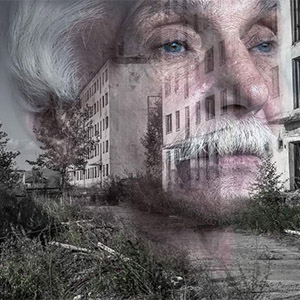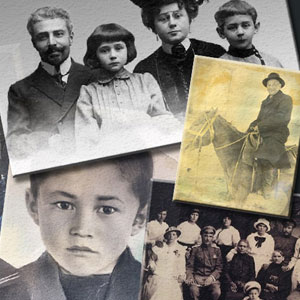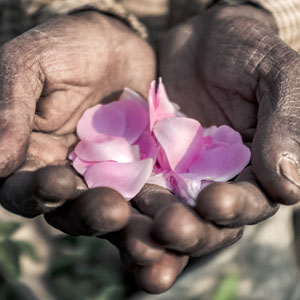I really like riding horses, especially fast ones. I can ride horses as fast as any boy.
When I'm riding I feel like I'm riding in the Naadam Festival.
Michidma lives with her family in Khentii province, the birthplace of Genghis Khan, a day's drive east of the Mongolian capital Ulan Bator. Her dream is to race in the Naadam Festival, a competition showcasing nomadic skills and traditions, above all horsemanship.
Sometimes girls are scared of riding fast horses, they don't hold on well and fall off. That is why they are not always chosen to race in the Naadam Festival.
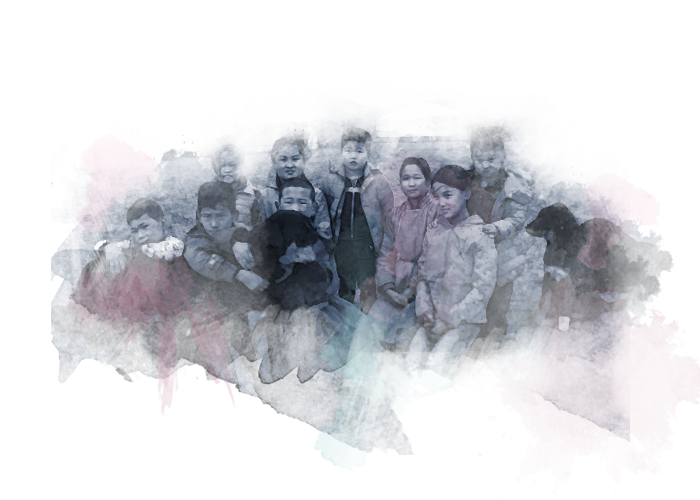
Michidma has just failed to qualify for the competition, losing out to a boy. But it hasn't stopped her dreaming.
When I grow up I want to have a baby girl and teach her how to ride horses really fast. I want to train her so she will win the Naadam race. That is my dream.
I'm very lucky, I have a very strong support system around me. Ever since I was a little girl I had parents who were very supportive of my dreams.
Nominjin is a singer and social entrepreneur and lives in Ulan Bator. She gained fame as a teen pop star and now performs in Mongolia and abroad. She also runs a website teaching English and owns a vegan restaurant in the capital.
She comes from a relatively privileged background. Her mother is an academic and for many years raised her on her own before marrying Nominjin's American stepfather.
I was raised by extremely strong women, my late grandmother and mother. The values they instilled in me are to always know my self-worth, to treat people with respect and to command respect.
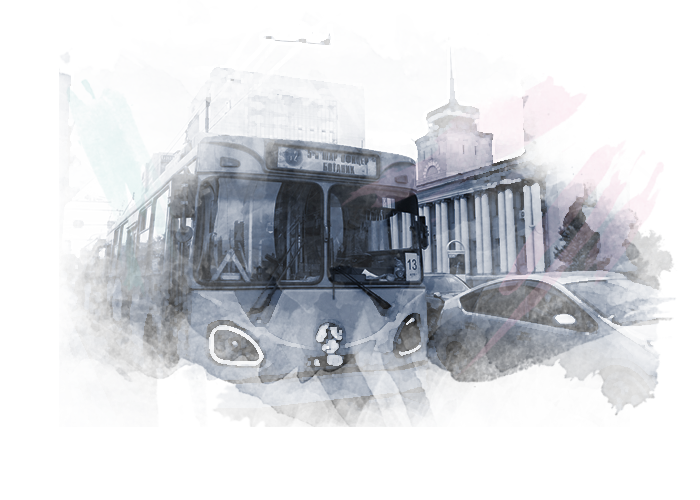
Nominjin leads quite a nomadic life and has spent time in a number of different countries, including India and Russia. Exposure to different cultures has shaped many of her beliefs. Living in India as a teenager, she became interested in spiritual practices and vegetarianism. When she was just 18 she opened a vegan restaurant in Ulan Bator, a rarity in a country where meat is a staple of the national diet.
When I was 13 I took a vow of non-violence which meant not consuming any animal products.
Being multilingual, Nominjin believes learning a new language can open doors and create opportunities; that's why she runs an online English language learning programme.
I believe everyone should have access to a healthy lifestyle and affordable education.
I like living in the countryside. The air is clean and life is healthier here. Every morning I milk the cows at 5 am. I also help my mother prepare food and play with my brothers.
Khaliunaa lives in Bahnor, a settlement in Khentii, one of 21 provinces in Mongolia. Her parents are livestock herders. There is no hot water, gas or electricity and life can be harsh in winter. Some families use solar panels and generators to produce power for a few hours a day.
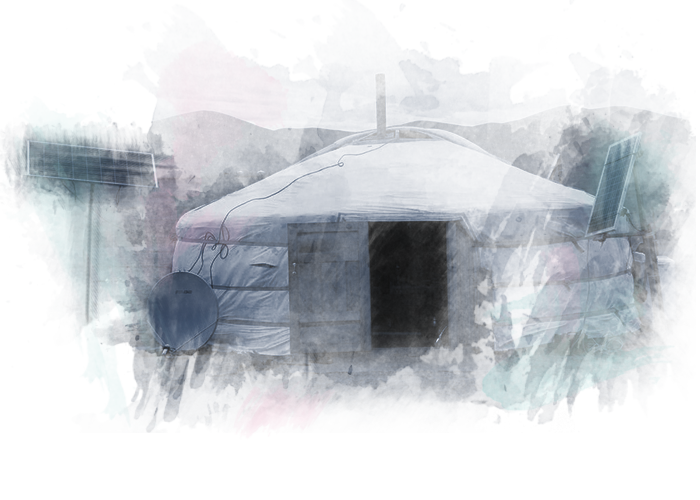
But even in these remote areas people increasingly have access to the internet, with satellite dishes giving the traditional yurts a contemporary look.
I use the internet to find information but I also like to check out my friends' photos and share mine with them.
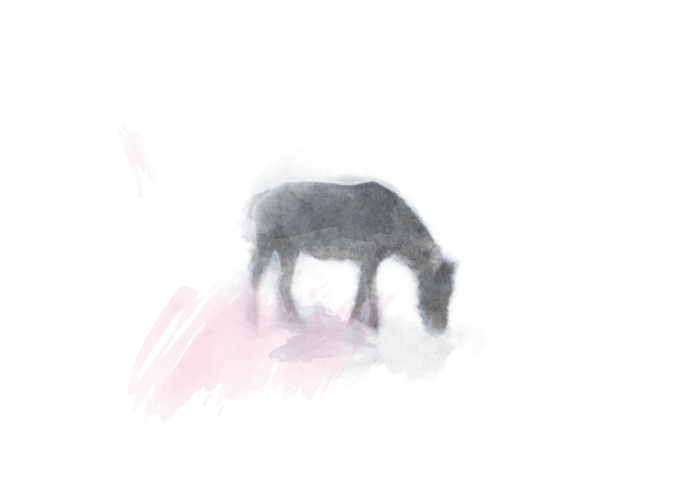
I love singing, but I dream of becoming a flight attendant so I can travel around the world, see developed countries and find out why they call Mongolia poor!
I don't believe that being a woman has made doing business difficult for me. I think in Mongolia women work harder than men and contribute more to the household economy.
Bouya Mandarkh runs a joint business with her husband, importing lorry parts from China. She studied in China and her knowledge of the language has proved invaluable. She is part of a growing number of businesswomen in Mongolia.
A 2014 World Bank report suggests that women now own, or part-own almost 40% of Mongolian firms, but gender pay inequality is still a big problem. Bouya once ran an election campaign for her mother who stood for parliament, and that opened her eyes to the struggles of working class women.
There is a huge economic gap in Mongolia. We see young girls from the countryside come to Ulan Bator and work in low wage jobs.
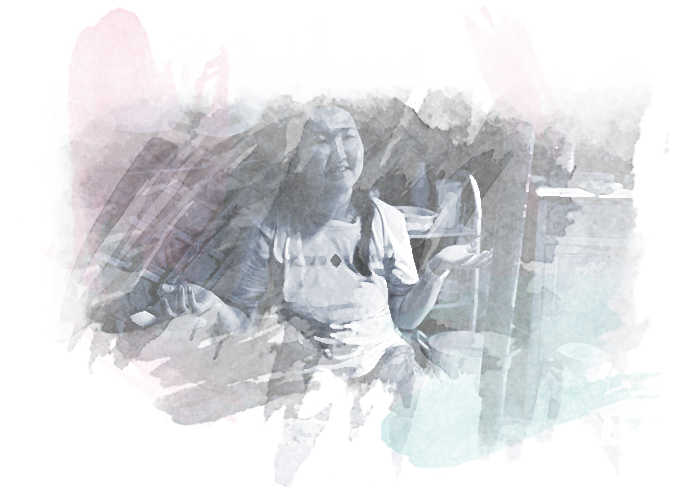
If I had political power my priority would be to help single mothers and their children. These mothers need help to feed their kids and give them an education.
There may be more and more women like Bouya in Mongolia, but as in most parts of the world, women are paid less than men for doing the same job. They also tend to take on a bigger share of household chores.
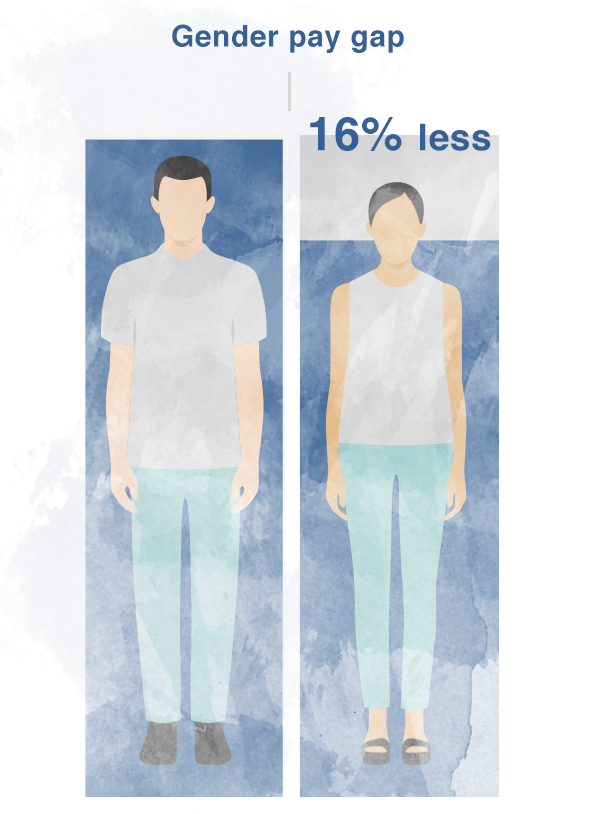
National Statistics Office of Mongolia
In politics women also still lag behind. Mongolia ranks 114th out of 193 countries for female representation in parliament. At the end of the Soviet era women held almost a quarter of seats but the numbers plummeted after the collapse of communism. Things have since improved, with women winning 13 seats out of 76 at the last election.
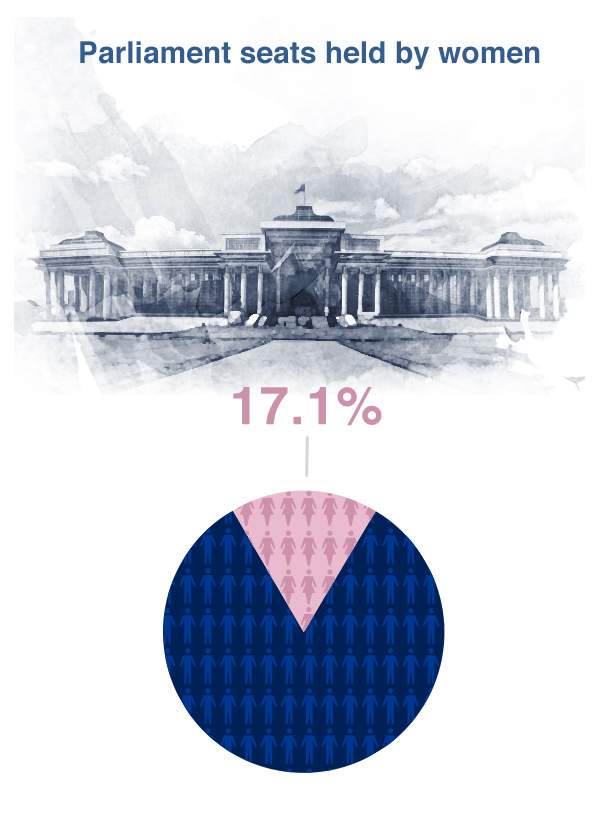
Inter-parliamentary Union
